Introduction
As we step into 2025, nutrition science continues to evolve, and dietitians are emphasizing the importance of certain foods that promote longevity, gut health, immunity, and metabolic well-being. With rising concerns about chronic diseases, environmental sustainability, and food processing, experts are recommending a shift toward nutrient-dense, functional, and planet-friendly foods.
In this article, we explore eight foods that dietitians highly recommend incorporating into your diet in 2025, backed by the latest research on health benefits, sustainability, and culinary versatility.
1. Fermented Foods (Kimchi, Kefir, Tempeh, Miso)
Why Dietitians Recommend Them:
Fermented foods are gaining even more attention in 2025 due to their probiotic content, which supports gut microbiome diversity. A healthy gut is linked to improved digestion, stronger immunity, and even mental health benefits (via the gut-brain axis).
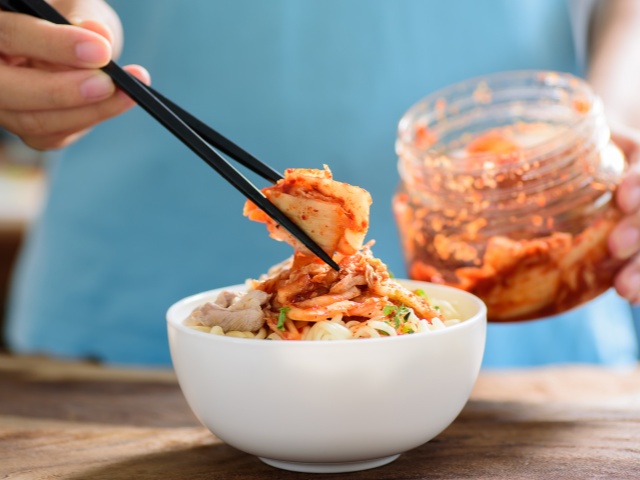
Top Picks for 2025:
Kimchi (rich in fiber, vitamins A & C, and lactobacilli)
Kefir (a fermented dairy drink with more probiotics than yogurt)
Tempeh (a plant-based protein source with prebiotics)
Miso (contains antioxidants and aids digestion)
How to Eat More:
Add kimchi to rice bowls or scrambled eggs.
Blend kefir into smoothies.
Use tempeh in stir-fries or sandwiches.
Stir miso into soups or salad dressings.
2. Seaweed (Nori, Wakame, Kelp, Spirulina)
Why Dietitians Recommend Them:
Seaweed is a nutrient powerhouse—packed with iodine (essential for thyroid function), iron, calcium, and omega-3s. It’s also sustainable, requiring no freshwater or fertilizers to grow.
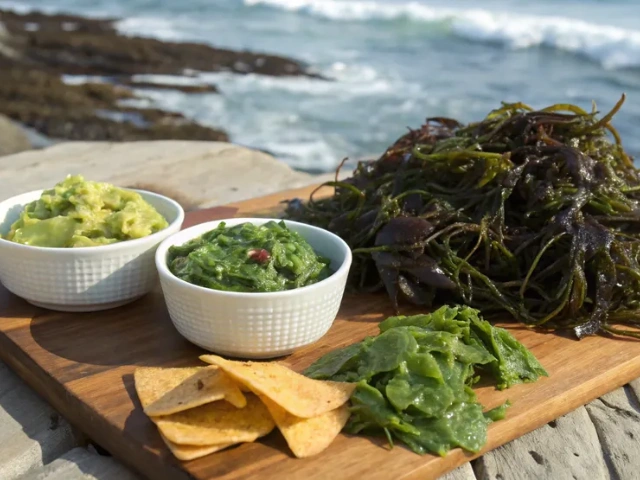
Top Picks for 2025:
Nori (great for snacks and sushi)
Wakame (used in salads and miso soup)
Kelp noodles (a low-calorie, gluten-free pasta alternative)
Spirulina (a protein-rich algae for smoothies)
How to Eat More:
Snack on roasted nori sheets.
Add wakame to soups.
Use kelp noodles in Asian-inspired dishes.
Blend spirulina into green smoothies.
3. Pulses (Lentils, Chickpeas, Black Beans, Peas)
Why Dietitians Recommend Them:
Pulses are high in plant-based protein, fiber, and iron, making them ideal for heart health and blood sugar control. They’re also eco-friendly, requiring less water than animal protein sources.
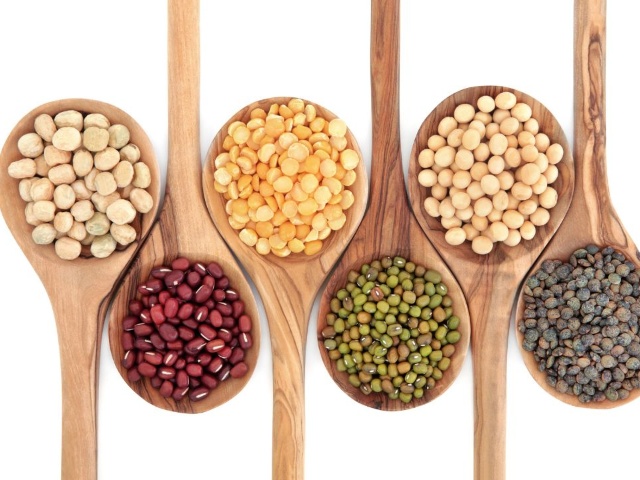
Top Picks for 2025:
Lentils (quick-cooking, great for soups)
Chickpeas (versatile for hummus, curries, and salads)
Black beans (rich in antioxidants)
Peas (high in vitamin K and protein)
How to Eat More:
Make lentil stews or dals.
Roast chickpeas for a crunchy snack.
Blend black beans into brownies for extra fiber.
Add peas to pasta or risotto.
4. Ancient Grains (Quinoa, Amaranth, Farro, Teff)
Why Dietitians Recommend Them:
Ancient grains are less processed than modern wheat, offering more fiber, protein, and micronutrients like magnesium and zinc. They’re also gluten-free options (except farro).
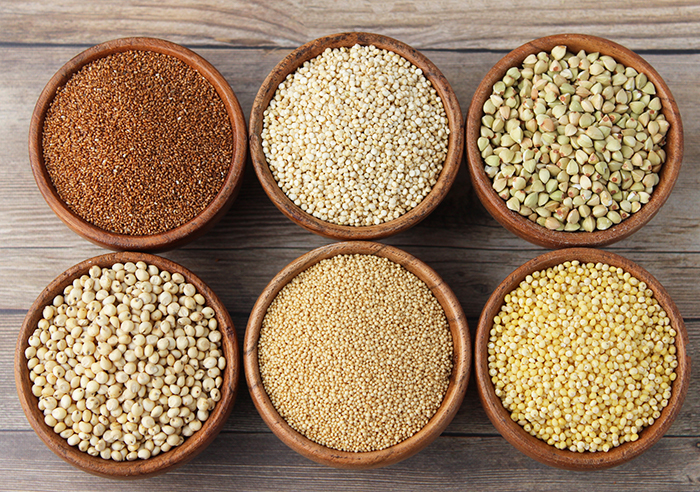
Top Picks for 2025:
Quinoa (complete protein, great for salads)
Amaranth (high in lysine, good for porridge)
Farro (chewy texture, ideal for grain bowls)
Teff (tiny but iron-rich, used in Ethiopian injera)
How to Eat More:
Swap rice with quinoa in stir-fries.
Cook amaranth as a breakfast porridge.
Use farro in hearty salads.
Bake with teff flour for a nutty flavor.
5. Nuts and Seeds (Walnuts, Chia, Flax, Hemp)
Why Dietitians Recommend Them:
Nuts and seeds provide healthy fats, plant-based protein, and fiber, supporting brain health and reducing inflammation.
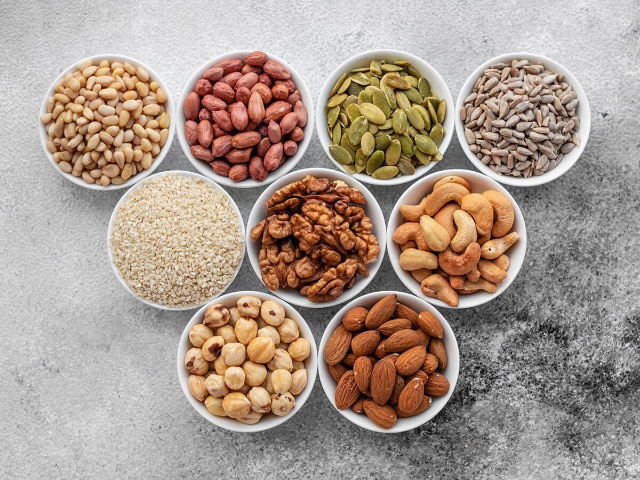
Top Picks for 2025:
Walnuts (omega-3s for brain health)
Chia seeds (great for hydration and fiber)
Flaxseeds (lignans for hormone balance)
Hemp seeds (complete protein source)
How to Eat More:
Sprinkle walnuts on oatmeal.
Make chia pudding for breakfast.
Add ground flax to smoothies.
Toss hemp seeds on salads.
6. Cruciferous Vegetables (Broccoli, Kale, Brussels Sprouts, Cauliflower)
Why Dietitians Recommend Them:
These veggies contain sulforaphane, a compound with anti-cancer properties, and are high in fiber, vitamins C and K.
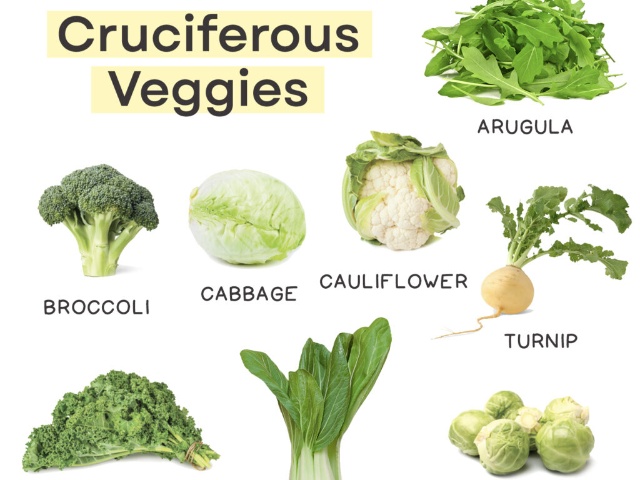
How to Eat More:
Roast Brussels sprouts with olive oil.
Blend cauliflower into "rice."
Massage kale for salads.
Steam broccoli as a side dish.
7. Berries (Blueberries, Strawberries, Blackberries, Raspberries)
Why Dietitians Recommend Them:
Berries are antioxidant-rich, supporting brain health and reducing inflammation. They’re also low-glycemic, making them great for blood sugar control.
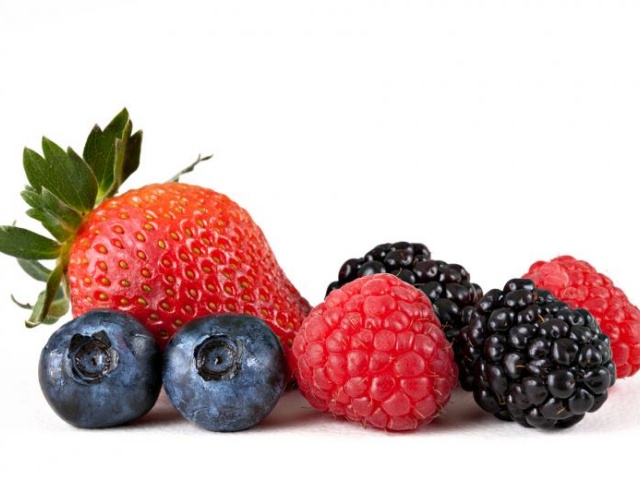
How to Eat More:
Add to yogurt or oatmeal.
Blend into smoothies.
Freeze for a sweet snack.
8. Mushrooms (Shiitake, Maitake, Lion’s Mane, Reishi)
Why Dietitians Recommend Them:
Mushrooms boost immunity (beta-glucans) and some, like Lion’s Mane, may support brain health.
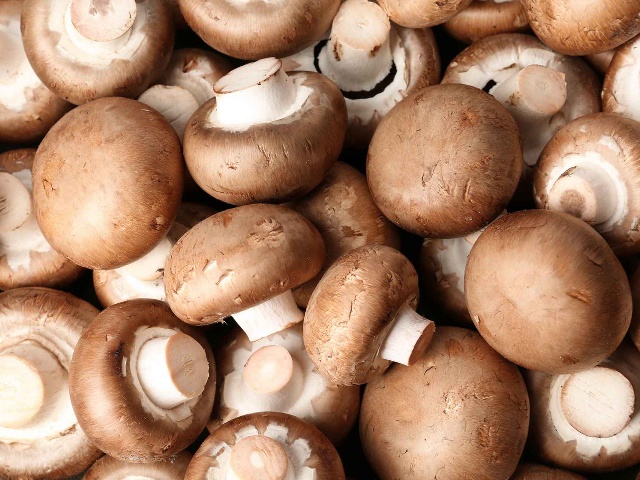
How to Eat More:
Sauté shiitake for stir-fries.
Drink reishi tea.
Try Lion’s Mane supplements for cognitive benefits.
Conclusion
In 2025, dietitians emphasize gut-friendly, nutrient-dense, and sustainable foods like fermented foods, seaweed, pulses, and ancient grains. By incorporating these eight foods into your diet, you can improve digestion, boost immunity, and support long-term health.
Which of these foods will you add to your meals this year? Start with one or two and gradually build a healthier, more balanced diet for 2025 and beyond.
